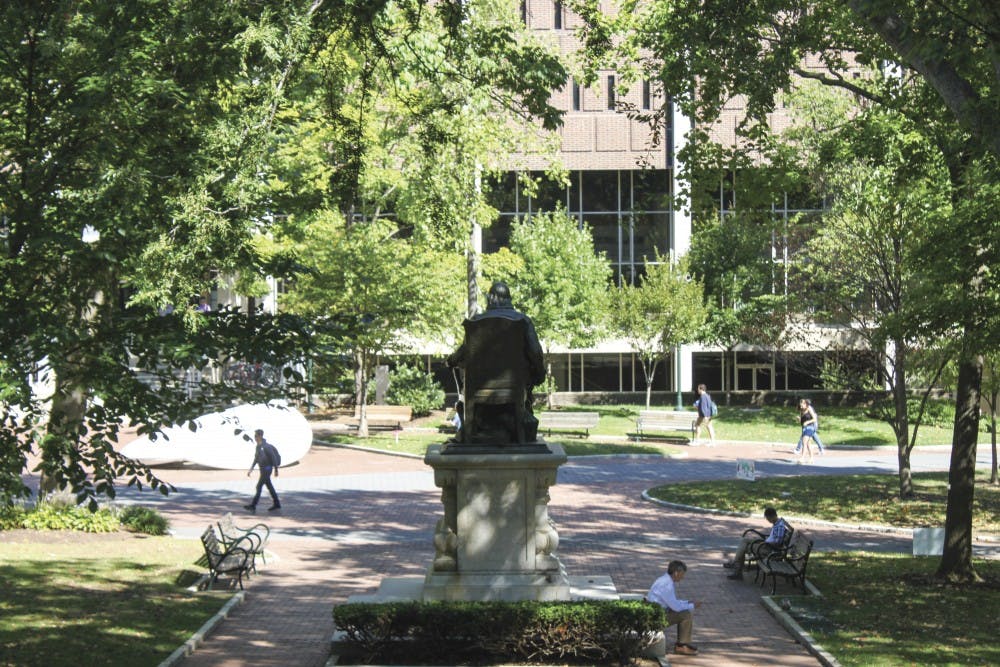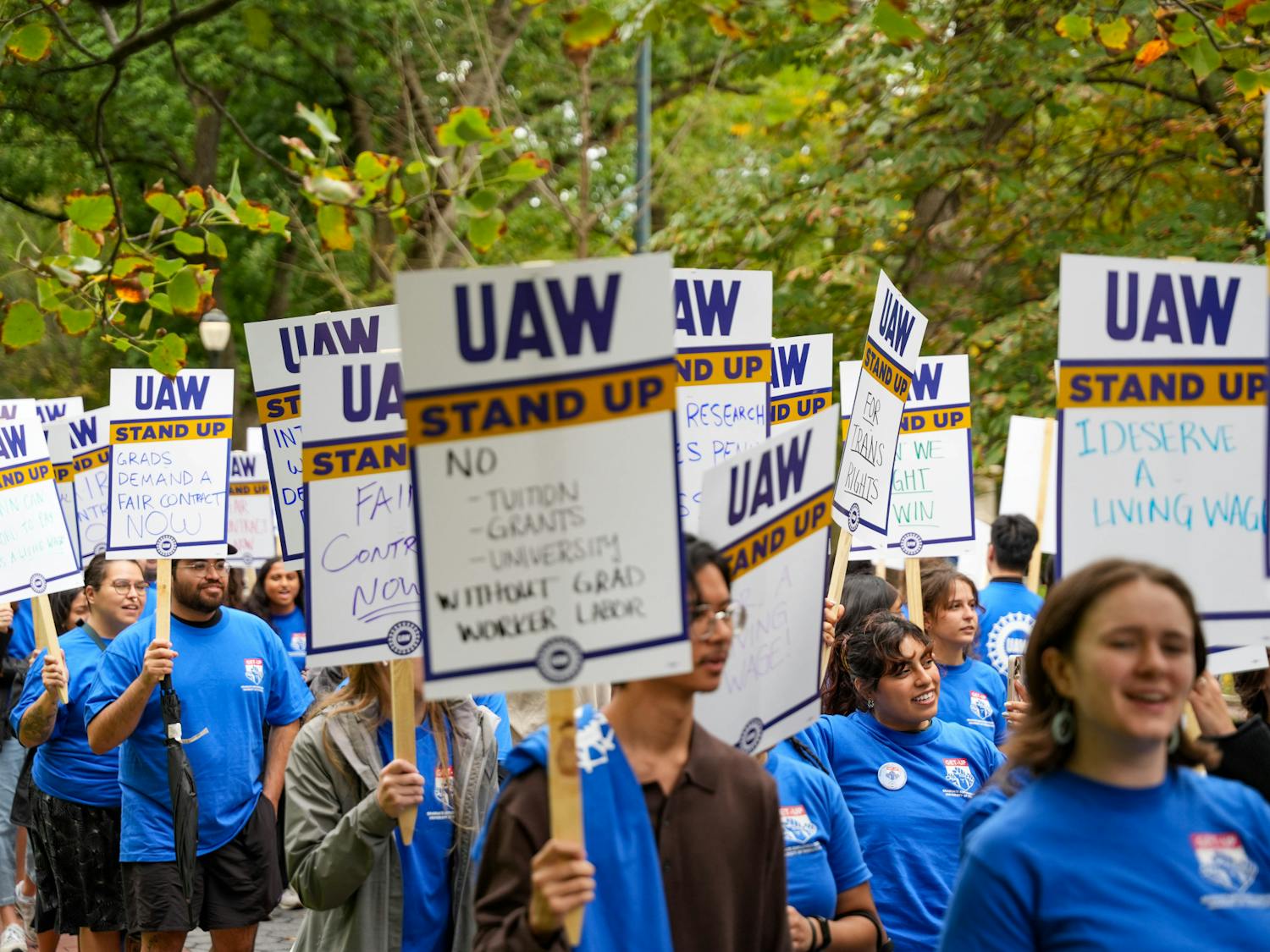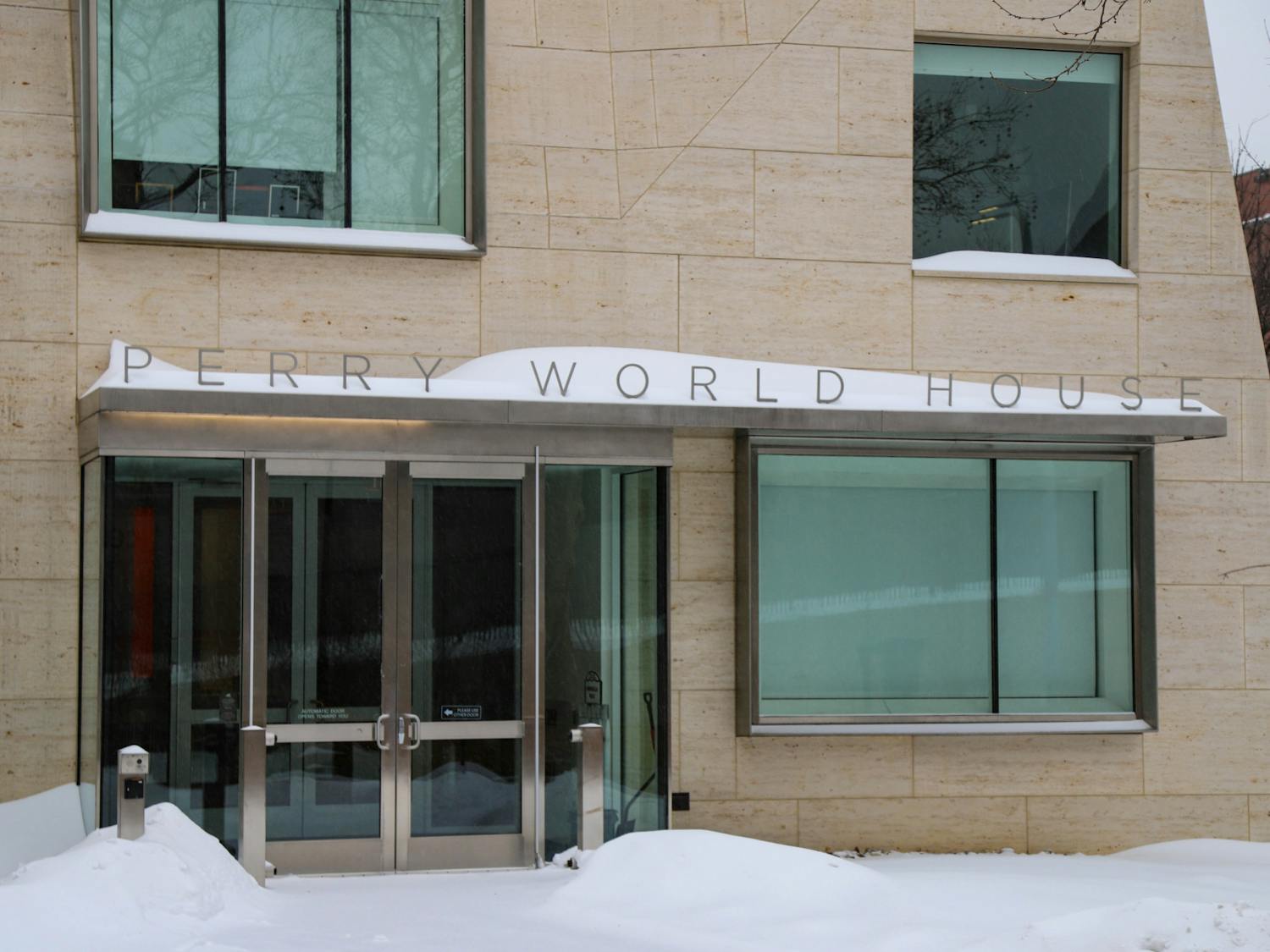By 2080, Philadelphia's climate will feel like today’s Memphis, Tenn. if current trends persist, according to a recent study. The report projects that Philadelphia's typical winter temperatures will rise by about 9.1 degrees Fahrenheit.
The study, which was published in the Nature Communications journal on Feb. 12, predicts that by 2080, a typical winter in Philadelphia will also be 41.1 percent wetter. By then, Penn students seeking climates similar to Philadelphia's current climate would have to move to Montreal or Detroit.
The researchers, Matthew Fitzpatrick from the University of Maryland and Robert Dunn from North Carolina State University, examined the climates of 540 urban areas covering about 250 million people in the United States and Canada.
The researchers mapped expected climate changes under two trajectories: current emissions and reduced emissions. If the world's greenhouse-gas emissions are reduced, the study predicts that Philadelphia's winter in 2080 will feel like today’s winter in California, Maryland, a community bordering the Chesapeake Bay that is typically 5.6°F warmer and 3.4 percent drier than winter in Philadelphia.
On campus, Penn has attempted to address the challenges posed by climate change. Penn's 2017 Sustainability Report claimed to show progress with the University's 2014 Climate Action Plan 2.0, including the creation of sustainability programs and expansion of sustainable transportation options. But Penn currently employs only one standing faculty member specializing in climate science, Environmental Science professor Irina Marinov.
Students have also led climate initiatives through the Student Sustainability Association at Penn. Fossil Free Penn has repeatedly urged Penn to divest from fossil fuels, noting that institutions like Columbia and Georgetown have already taken steps to divest. In November 2018, the University rejected their latest proposal.









